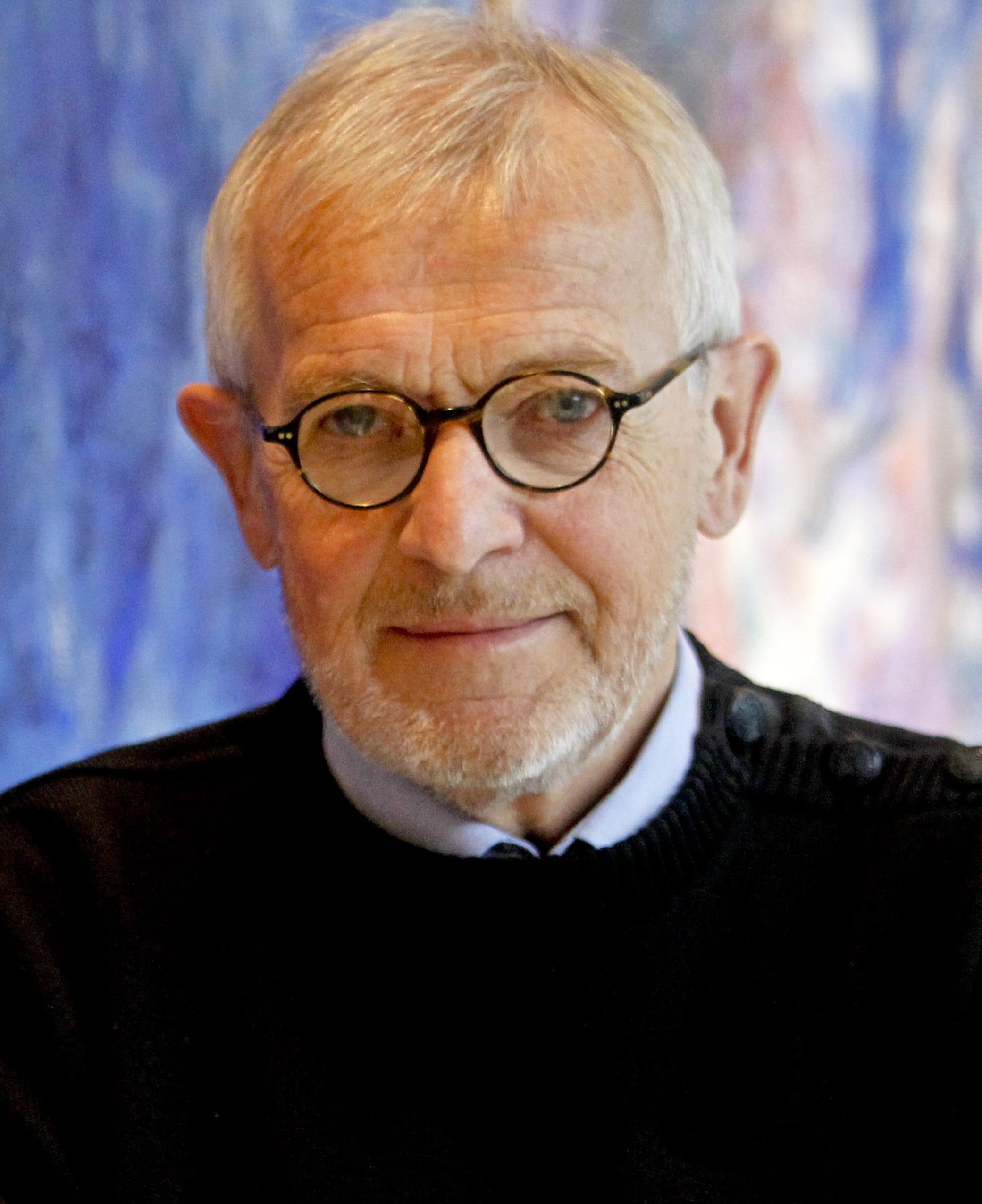|
Francis Halzen
Doctor of Science 2017
Status: conferred
 Francis Halzen's contributions to the study of particle astrophysics might be compared to the influence of astronomer Galileo Galilei's 17th-century perfection of the telescope: Both enabled unprecedented closer observation of the Universe. Halzen's vision, initiative and leadership have led to the development and construction of the IceCube South Pole Neutrino Observatory, where he is principle investigator, and where the first ultra-high-energy neutrinos were detected in 2013.
Francis Halzen's contributions to the study of particle astrophysics might be compared to the influence of astronomer Galileo Galilei's 17th-century perfection of the telescope: Both enabled unprecedented closer observation of the Universe. Halzen's vision, initiative and leadership have led to the development and construction of the IceCube South Pole Neutrino Observatory, where he is principle investigator, and where the first ultra-high-energy neutrinos were detected in 2013.
Halzen's work in particle physics detection has taken the study of neutrinos beyond the Milky Way galaxy and into deep space, leading to new understanding of astronomical phenomena including black holes, supernovas and galaxy formation.
Halzen is the Hilldale and Gregory Breit Professor of Physics at the University of Wisconsin-Madison and the director of the Institute for Particle Physics Research. He received the 2015 Giuseppe and Vanna Cocconi Prize from the European Physical Society, the 2015 Balzan Prize and the 2014 Smithsonian American Ingenuity Award. Halzen received Master's and Ph.D. degrees, as well as an agrégé de l'enseignement supérieur (a qualification for teaching in higher education) from the University of Louvain in Belgium.
For his pioneering efforts toward construction of the IceCube observatory and his extraordinary role in opening a new observational window on the universe, Southern Methodist University is honored to confer the degree Doctor of Science, honoris causa.
|
|